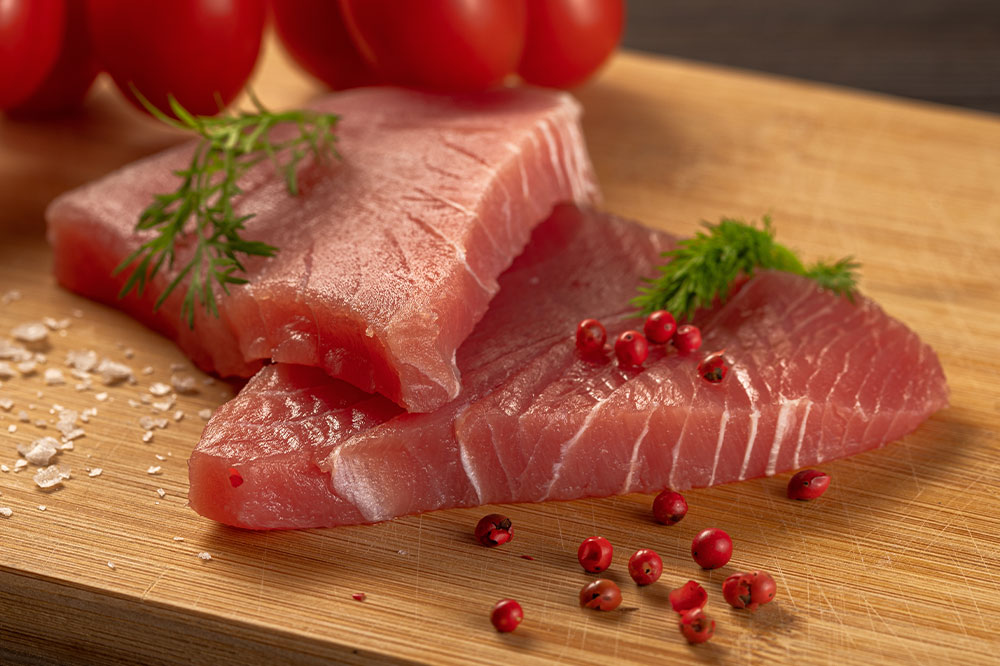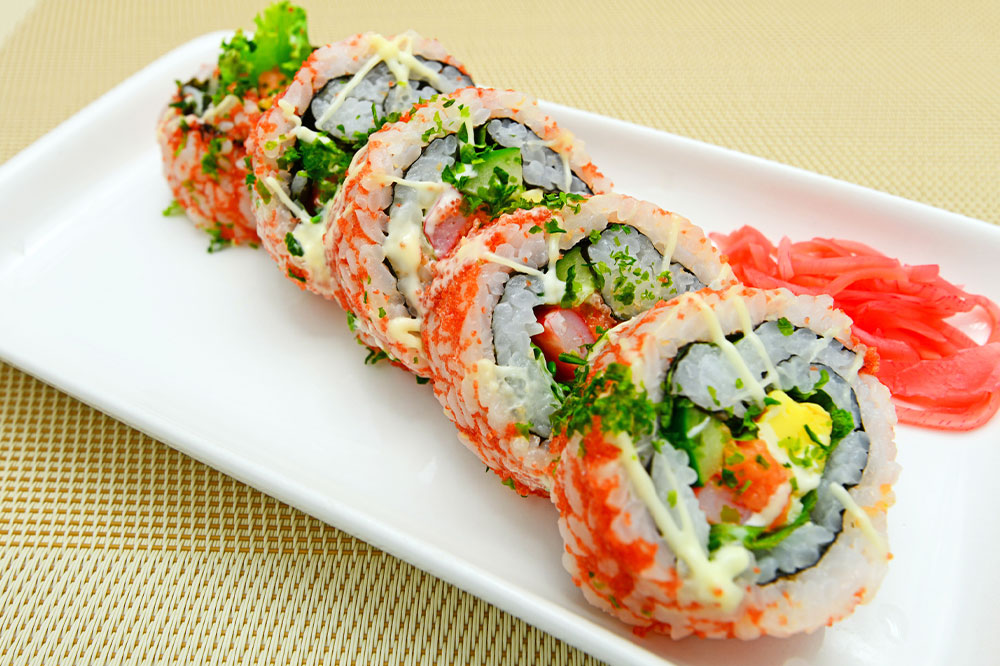Comprehensive Guide to Top Culinary Certification Programs and Training Courses
Explore the top culinary certification programs and training courses designed to elevate your culinary skills and advance your career. From foundational certifications like Certified Culinarian to comprehensive degree programs, discover opportunities that fit your ambitions in the food industry. Learn about specialized courses in plant-based cooking, global cuisines, and food system studies, which prepare you for diverse roles in the culinary world. This guide provides valuable insights into earning credentials that enhance credibility, increase job prospects, and support professional growth in the dynamic culinary industry.

Comprehensive Guide to Top Culinary Certification Programs and Training Courses
Embarking on a successful career in culinary arts demands not only passion but also the right skills and recognized credentials. Acquiring specialized certifications and advanced training can significantly elevate your professional profile, opening doors to higher positions and diverse opportunities within the culinary industry. Whether you're an aspiring chef just starting or a seasoned professional seeking to specialize further, understanding the available educational pathways is crucial. This comprehensive guide explores the most reputable culinary credential programs and training courses that can help you achieve your career goals.
1. Certified Culinarian Credential
The Certified Culinarian credential serves as a foundational certification for individuals striving to establish themselves in the culinary field. Offered by the American Culinary Federation (ACF), this credential stands as one of the most prestigious and recognized professional chef certifications across North America. It verifies a candidate’s basic competence in food preparation, safety procedures, sanitation standards, and supervisory skills, providing a solid groundwork for a promising culinary career.
To qualify, applicants typically need a high school diploma, GED, or completion of 100 Continuing Education Hours (CEH). Alternatively, candidates with a Culinary Arts certificate or an Associate’s Degree in culinary arts may qualify with less documented experience. The certification process involves demonstrating practical knowledge in nutrition, food safety, sanitation, and basic management skills. Preparing for the exam can involve structured study programs, practical assessments, and review sessions.
The cost for certification is approximately $250 for ACF members and around $500 for non-members, making it accessible for aspiring professionals looking to boost their career prospects. Holding this credential can lead to roles such as line cooks, prep cooks, or entry-level culinary supervisors, and serve as a stepping stone toward more advanced certifications and positions within the industry.
2. Certified Foodservice Professional (CFSP)
The CFSP credential is issued by the North American Association of Food Equipment Manufacturers (NAFEM) and recognizes expertise in food preparation, safety, and service management. Achieving this certification signifies a comprehensive understanding of foodservice operations, safety compliance, and industry standards. It is especially valuable for those working in larger commercial kitchens or foodservice management roles.
Candidates interested in earning the CFSP must meet specific industry experience requirements, which can vary depending on their current role and educational background. The certification exam primarily assesses knowledge related to food safety, equipment use, and service procedures, with a passing score of at least 75%.
NAFEM provides extensive online study materials, including textbooks, quizzes, and practice exams, to support candidates during their preparation. The certification demonstrates your commitment to excellence in food safety and operational efficiency, making you a preferred candidate for supervisory or managerial roles within foodservice establishments.
3. Personal Chef Certification
Personal and private chefs who wish to validate their skills and attract high-end clientele may consider pursuing a personal chef certification. Offered by the United States Personal Chef Association (USPCA), this credential explicitly recognizes expertise in customized meal preparation, client management, menu planning, purchasing, and safety standards within private residences or small-scale settings.
Applicants for this certification generally need at least two years of full-time professional experience, focusing on food prep, client interaction, and safety protocols. The process involves submitting an application, providing professional references, and demonstrating culinary skills through practical assessments.
Similarly, the American Culinary Federation (AFC) offers a comparable Personal Certified Chef program, which requires three years of experience, a relevant culinary degree, and coursework in nutrition, safety, and business management. These certifications enhance credibility, help attract high-profile clients, and open doors to entrepreneurial ventures or employment within exclusive households.
Educational Courses in Culinary Arts
While certifications are crucial for immediate professional recognition, comprehensive educational programs provide in-depth knowledge of culinary techniques, food science, management, and industry trends. These courses range from diplomas and certificates to full degree programs, catering to various skill levels and career ambitions.
When choosing an educational path, consider factors such as eligibility requirements, course content, cost, and flexibility to ensure alignment with your career aspirations.
1. Culinary Arts Degree Programs
Graduating with a culinary arts degree can significantly enhance your skills and marketability. Institutions like the Culinary Institute of America (CIA) offer accredited Associate’s degrees focused on fundamental culinary skills, kitchen management, and safety standards. Universities such as Johnson & Wales University provide Bachelor of Science programs emphasizing culinary arts, gastronomy, and hospitality business management.
Advanced options include pursuing a Master’s degree in Culinary Management or Food Service Administration, designed for those aiming for leadership roles, entrepreneurship, or specialized positions within high-end culinary establishments. These degree programs often combine hands-on kitchen training with classroom theoretical knowledge, preparing graduates for diverse culinary careers.
2. Applied Food Studies and Food System Degrees
For those interested in understanding the broader food industry beyond the kitchen, applied food studies programs offer a comprehensive curriculum. The CIA, for example, provides an undergraduate program focused on food systems, sourcing, sustainability, and policy, giving students a holistic perspective on the food industry.
These programs often integrate courses on food marketing, distribution, and environmental impact, preparing graduates for careers in food advocacy, policy formulation, or sustainable sourcing. This education is suitable for aspiring food journalists, photographers, or entrepreneurs interested in the entire food ecosystem.
3. Applied Science and Global Cuisine Courses
Specialized programs that emphasize diverse culinary styles, including traditional, modern, and global cuisines, are offered by colleges such as St. Philip’s College and Seattle Central College. These programs aim to develop versatile culinary skills and understanding of cultural cuisines, which are highly sought after in international culinary markets.
Students learn advanced cooking techniques, food presentation, and flavor pairing, preparing them for careers in international hotels, catering, or culinary consultancy. Degrees at associate or bachelor’s levels provide the necessary credentials to stand out in a competitive global food industry.
4. Plant-Based Culinary Arts Courses
The rising popularity of plant-based diets has led to the emergence of specialized culinary programs focused exclusively on vegetarian, vegan, and plant-based cuisines. The Auguste Escoffier School offers diploma and foundational courses in plant-based cooking, emphasizing nutrition, ingredient sourcing, and creative presentation.
Meanwhile, the Institute of Culinary Education (ICE) provides flexible online certification programs in plant-based culinary techniques, allowing working professionals to learn at their own pace. These courses equip chefs and food entrepreneurs with the skills needed to innovate and meet the growing consumer demand for plant-forward options.





